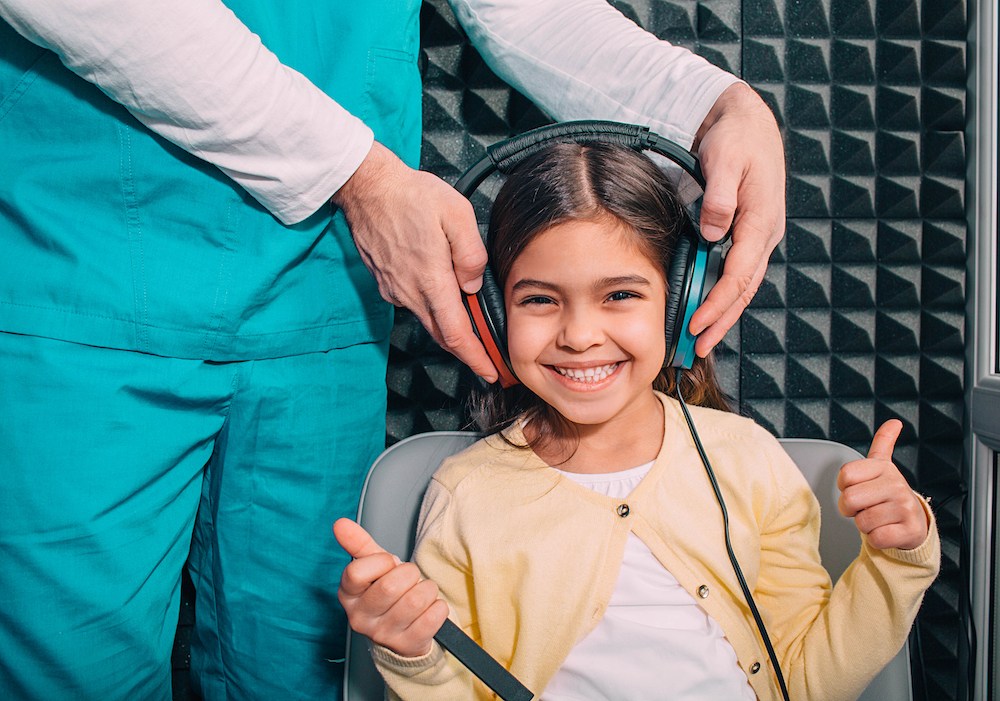How Hearing Tests Correlate with Other Health Markers
Hearing health is not just about your ability to hear. It plays a crucial

By: admin | July 21, 2020
Having tinnitus can be something that many people get throughout their life. For some, it can remain in their lives, and for others it can be something that gradually goes away. And like any medical condition relating to the body, there can be some common myths that surround tinnitus. Those misconceptions can raise false hopes, and for those who say there is no treatment for tinnitus are wrong. Here are five myths about tinnitus that you should know.
One of the many assumptions people make about tinnitus is that it’s always a ringing sound that you hear. However, that’s just something that is often used in place of the word tinnitus. There are actually different sounds that you can hear when it comes to having it, and you may realize that you have it without even knowing because you’ve always assumed tinnitus would be ringing. If you experience any of the below sounds, then it’s worth getting in touch with an audiologist to treat it.
With many medical conditions, there can often be an attitude from those who don’t experience it and instead believe it’s all in your imagination. However, there are many people around the world who deal with tinnitus, and therefore, it seems an imaginary condition is unlikely to be fact. It is a very real and serious diagnosis that many people face, and the side effects can range from anxiety and depression to mood swings and sleep issues. It can be hurtful for those who are seen to be lying about a medical condition but it’s important to educate those who don’t experience it.
There can be a lot of confusion surrounding tinnitus and one of the major concerns when individuals first discover that they have it, is that there’s no treatments available for it. However, there’s actually a few that can help suppress the sound and to hopefully get rid of it in time. To suppress the sound, you could try white noise machines or getting a hearing aid fitted. There’s also masking devices that you can get that might also help.
For treatments, there are certain adjustments that can be made to help with it, and these can be avoiding possible irritants. This can be done by reducing your exposure to things that you’ve noticed will make it worse. Managing your stress levels can help to stop it from flaring up and reducing alcohol consumption can also be very helpful. These little changes that you make can end up making a big difference.
There’s a myth that hearing aids can’t help with tinnitus but when it comes to tinnitus being a sign of hearing loss, many of those who experience it, find relief from wearing a hearing aid. When you have the noise amplified from hearing aids, it can effectively drown out the sounds of tinnitus, which can be so handy for those who are dealing with the side effects that are brought on by the medical condition. If you’re looking at getting a hearing aid fitted, then it’s worth consulting with a local audiologist to get tested and consider the options that are available.
Hearing loss and tinnitus are something that are usually linked together, but the assumption that only those with hearing loss can get it are wrong. Anyone can get tinnitus at any point in their life. Yes, those with hearing loss can also experience tinnitus, but if you’re exposed to very loud music, there’s a risk that you can get it too. From loud music concerts to explosions that all cause temporary ringing in your ears. Protecting your ears in these scenarios is important and the more you can protect them, the less likely it’s going to result in tinnitus.
Getting tinnitus is something that is treatable. There are also plenty of treatments and research being looked at to help those with tinnitus, so if you think you may have it, then it’s important to see your audiologist for a hearing test. They’ll be able to give you some guidance and advice on what to do next.
If you want to learn more about Advanced Hearing Services, call today at (970) 449-0592.

Hearing health is not just about your ability to hear. It plays a crucial
By: admin | January 31, 2024

Sounds are an integral part of our daily lives, whether it’s the
By: admin | December 28, 2023

So, you’ve taken the pivotal step of enhancing your hearing experience
By: admin | November 25, 2023
